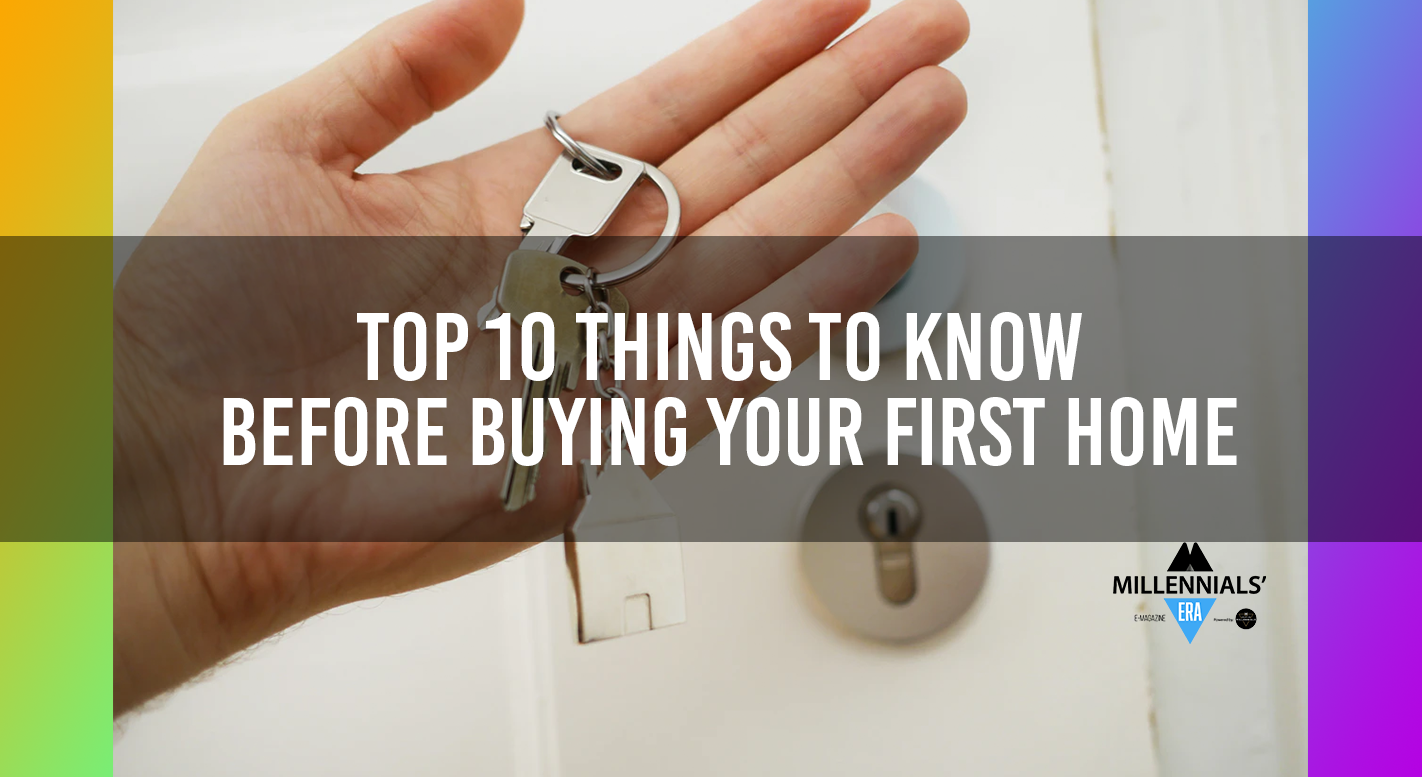
By: Kirk Shelton
From your credit score to your plan of action for the option period, our first article covered lots of things to know about before closing on your first home. Here is a follow-up list of things to know to make the process a smooth and memorable experience.
Photo by Who’s Denilo ? on Unsplash
1. How long does it take to close on a home?
Buying a home isn’t a tedious process, but it does require about 30-45 business days in order to close a typical conventional or FHA loan. This means that federal holidays and weekends are not included. Once a contract gets executed things start moving quickly, so you need to make sure you have money for things like inspections or appraisals readily available.
Photo by Blake Wheeler on Unsplash
2. What happens if the property doesn’t appraise?
Once you are under contract to buy a property, you will need an appraisal to be conducted on the condition of the home if you are using a lender to finance the purchase. An appraisal is an opinion of value from a licensed appraiser that is based on the condition of previously sold homes in the area. Waiting for this to be completed can be stressful, but you do have options if it doesn’t meet value:
- Ask the seller to lower the sales price of the home. If the seller is motivated to sell and willing to work with you, this is a win-win option for all parties.
- Pay out of pocket for the difference between the appraised value and contracted price. If you offer over list price for a home and you’re in a strong seller’s market with low inventory, this is a more common option.
- A third option is to back out of the contract and find another home. If you back out of a contract because a home doesn’t appraise, you’ll get your earnest money back that was paid at the start of the option period.
Photo by Albany Capture on Unsplash
3. What is a survey and why do I need it?
When you are buying a property, the land under the home is sometimes just as valuable as the house itself. A survey is a document that outlines the property lines of your home and lot, which shows you what you are actually buying at closing. This document is helpful for identifying utility easements on the property, which are areas that the city uses to store wiring materials for power lines. Don’t build anything in these areas, because the city can access your backyard and dig up these materials if necessary. It also identifies the neighboring property lines, so you can see where trees or other structures encroach on the area that is rightfully your property. You don’t always need to buy a new survey if the title company and lender accept the current survey (assuming there is a survey for the property), but having one on file is always a great idea.
Photo by Scott Webb on Unsplash
4. What’s an HOA and how does it affect me as a homeowner?
All homes aren’t located in a homeowner’s association, but if yours is, you should be aware of the fees and regulations that go along with it. HOA’s are known for being strict on homeowners with preservation of the neighborhood, which means things like penalties for leaving trash out too long or for not maintaining your yard. That being said, they are a benefit to future homebuyers that may consider moving into the neighborhood in the future. When buying a home, you will pay a transfer fee of typically $150 to $300 depending on the area. Also, there will be a fee of up to $500 to pay for the HOA resale certificate, which is a document that outlines all of the bylaws and regulations of the neighborhood. This fee can be negotiated with your offer, but it does need to be addressed and paid before closing. An HOA will meet regularly in a designated place to address concerns within the neighborhood and to hear feedback on issues that arise from time to time. If you want to get involved with your neighborhood, it’s a good idea to attend these meetings to find out what’s being discussed.
Photo by Cytonn Photography on Unsplash
5. What should I expect at the closing table?
Once you’ve gotten through the appraisal and the final stage of underwriting, the closing disclosure will be sent out to all parties. This document will be the closest estimate to measure how much money you should bring to closing. When you get your certified check, it should be made out to the title company you are closing with. Before heading to the title company, you and your agent should conduct a final walk-through of the home to confirm that it’s still in good condition. Be sure to have your driver’s license with you as well to confirm your identity, and don’t ever send a wire for money based on emailed instructions. Call to confirm everything. Once you get to the title company, an escrow officer will sit down with you to review all closing documents. This is when you can ask questions and get clarification on anything you sign. You should expect to take off of work for closing day, because signing will take at least 1 hour to complete. However, if you cannot get to the title company, a mobile notary is also a viable option.









